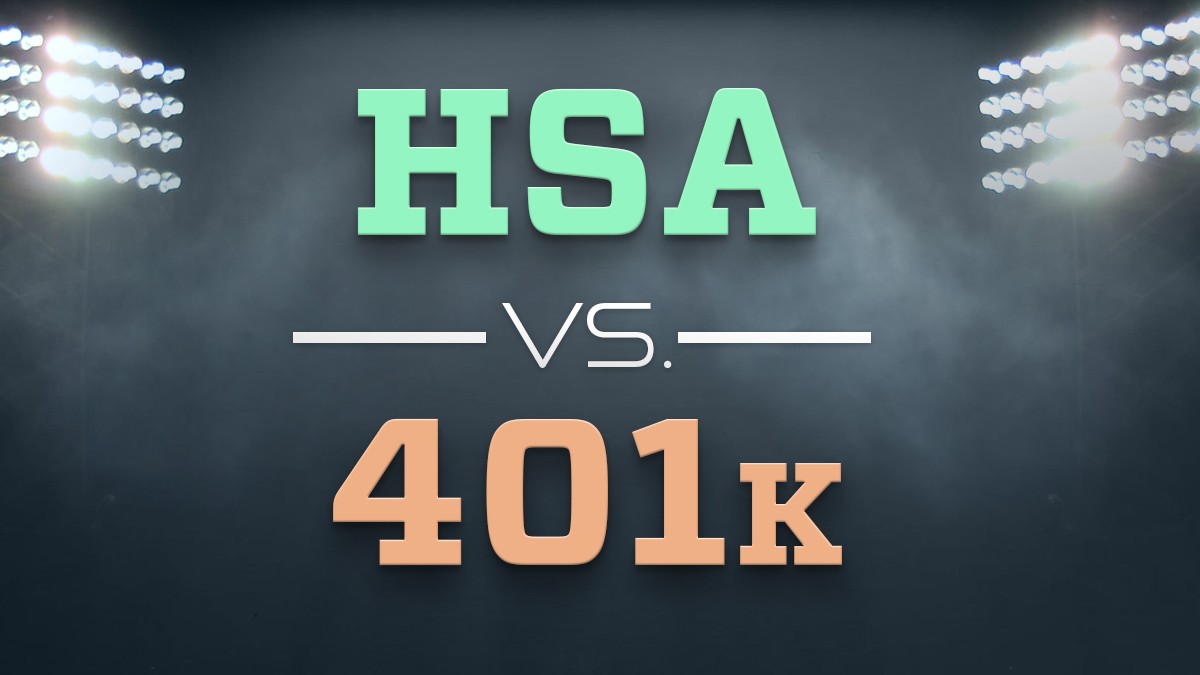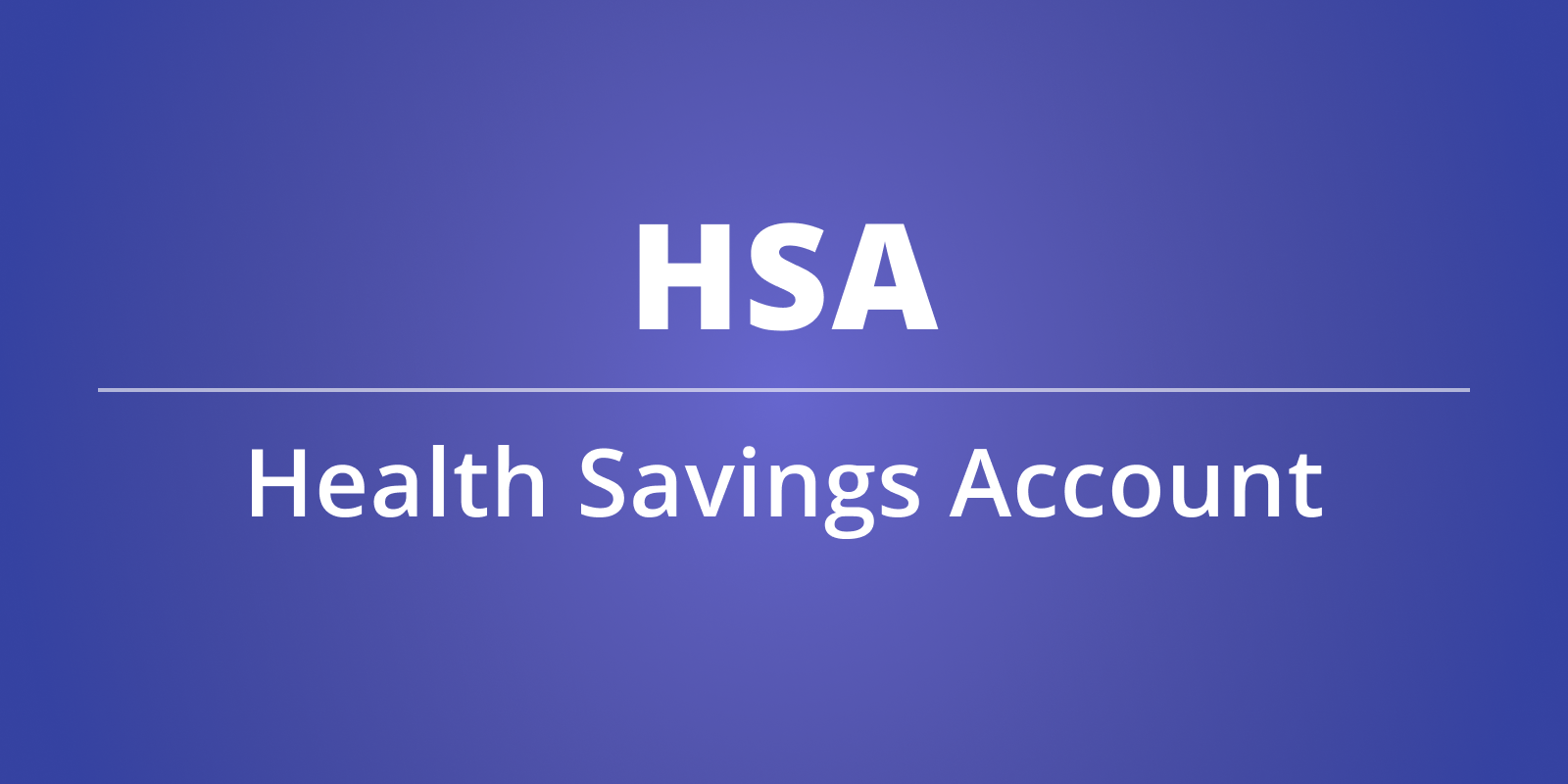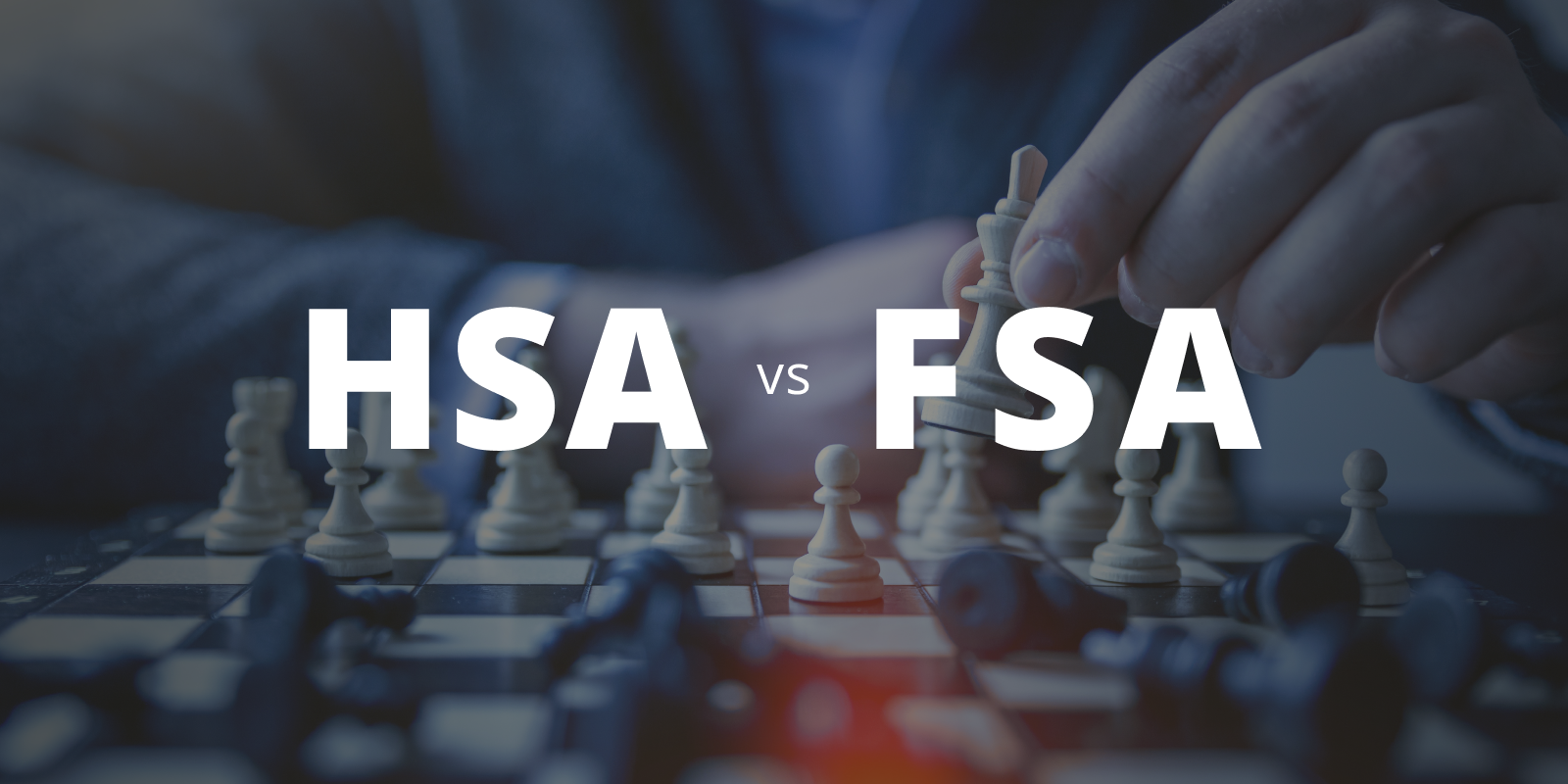At any small and midsize business, your human resources team is busy and likely overwhelmed. Not only that, they get bombarded with variety of questions about benefits, especially early in the year as employees begin using the new benefits they signed up for at open enrollment. One common question they get asked regarding health savings accounts (HSAs) is: “How much money should I contribute to my HSA vs. my 401(k) plan?” It’s an excellent question and points to the fact that more employees are starting to think about their HSA as a long-term retirement vehicle. However, the answer to this question is not necessarily a one-size-fits all answer.
Take Advantage of Free Money
There are a few ways you can guide employees when they ask this question. One common strategy is to fund their 401(k) up to the employer’s contribution match, to take advantage of the “free money.” After they’ve hit that magic amount, the employee should allocate the maximum amount to the HSA. It enables an employee to take full advantage of all the tax benefits of both accounts. It also allows them to save as much as possible for retirement. However, funding both accounts could be an unrealistic expectation for all your employees at the moment.
Balance Both Accounts
A second, and potentially better approach to take is to fund both accounts from the start, allocating a fixed amount to both accounts. The employee might be giving up some of the employer matching contributions, however, the money that is withdrawn from the HSA in retirement is completely tax-free. This is a huge advantage over the 401(k). For example, if an employee has a combined amount of $100,000 at retirement in their 401(k) and their HSA, they will need those funds, whether it is for prescription medication or doctor’s visits. They can use the funds from their HSA to pay exclusively for healthcare costs, which include Medicare premiums (such as Medicare Part B and C premiums). This way, the employee will have money growing in their 401(k), hopefully with an employer match, and money in their HSA for long-term medical expenses.
If an employer doesn’t offer a 401(k) match then it makes sense to first max out your HSA. Once the employee hits retirement age (65 or older) they aren’t penalized for their withdrawals if the money isn’t for medical expenses.
Why allocate money in an HSA specifically for retirement medical costs? If an employee withdraws the money from your 401(k), you’ll instantly lose 20% or more. (depending on your federal and state tax brackets in the year of withdrawal). However, if you withdraw money from your HSA at the time of retirement, you don’t get penalized. There is no tax loss.
There are many other factors to consider, so please have your employees consult their tax advisor to figure out what’s best for them.








